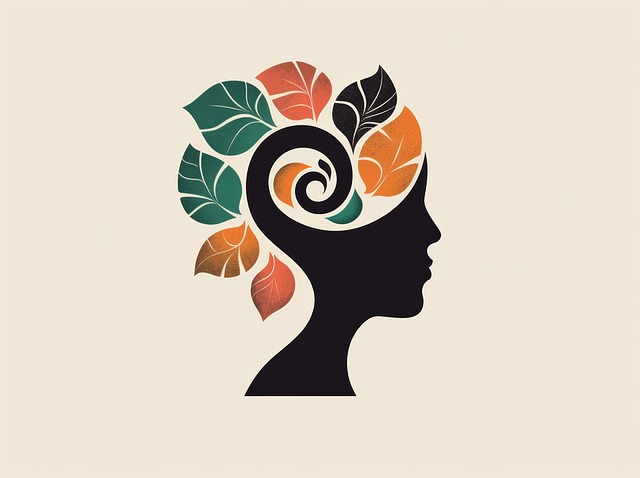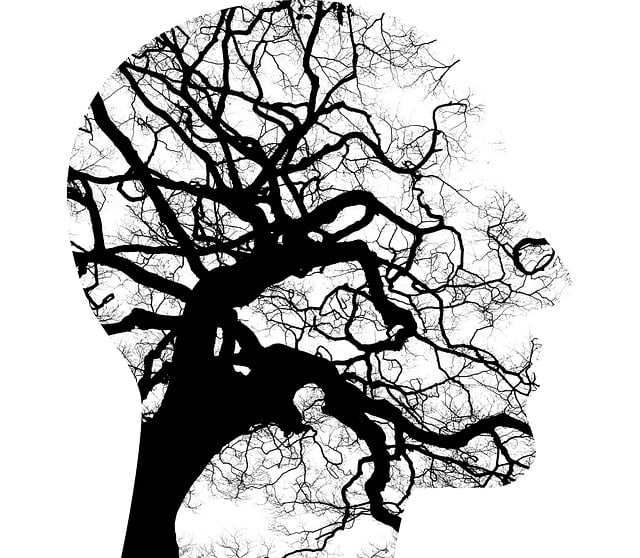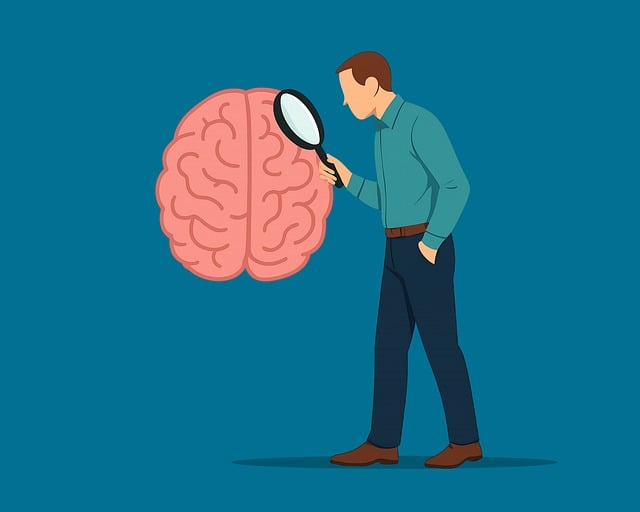In today's fast-paced world, mental wellness is often ignored until it reaches crisis point. Self-assessment tools, like those developed by Broomfield Abuse Survivors Therapy (BAST), play a vital role in Mental Health Awareness, empowering individuals to take control through self-reflection and early intervention. These tools promote inner strength development, recognize distress signs, and enhance resilience, leading to improved quality of life. Integrating BAST principles into these assessments addresses the impact of past trauma, improves reliability, offers holistic views, and aligns with education programs, providing personalized coaching based on individual needs, ultimately encouraging emotional well-being.
Mental wellness self-assessment tools play a crucial role in promoting individual awareness and fostering holistic well-being. As we navigate an increasingly demanding world, the need for accessible and empathetic evaluation mechanisms has never been more apparent. This article explores the development of such tools, focusing on integrating key principles from Broomfield Abuse Survivors Therapy (BAST) to create effective assessments that prioritize sensitivity and support. By understanding the need and leveraging evidence-based approaches, we can empower individuals to take charge of their mental health.
- Understanding the Need for Self-Assessment Tools in Mental Wellness
- Designing Effective and Empathic Evaluation Mechanisms
- Integrating Broomfield Abuse Survivors Therapy (BAST) Principles into Self-Assessment Tools
Understanding the Need for Self-Assessment Tools in Mental Wellness

In today’s fast-paced world, mental wellness is a critical aspect of overall well-being that often goes overlooked until it becomes a crisis. This is where self-assessment tools play a pivotal role in fostering Mental Health Awareness and empowering individuals to take charge of their mental health. Tools like those developed by Broomfield Abuse Survivors Therapy cater to the growing need for accessible resources, especially in communities where public awareness campaigns development might be limited.
By providing individuals with a means to assess their mental wellness, these tools encourage self-reflection and promote early intervention—key factors in preventing more severe mental health issues. Furthermore, they foster Inner Strength Development by equipping people with the knowledge to recognize signs of distress and take proactive steps towards improving their psychological well-being. This, in turn, can lead to enhanced resilience and a better quality of life.
Designing Effective and Empathic Evaluation Mechanisms

When developing mental wellness self-assessment tools, it’s imperative to prioritize effective and empathic evaluation mechanisms. These tools should be meticulously designed to foster open communication, ensuring individuals feel safe and supported while reflecting on their mental health. Incorporating strategies like those employed in Broomfield Abuse Survivors Therapy can enhance the sensitivity and accuracy of assessments by addressing past traumas and their ongoing impact. This approach not only improves the reliability of self-reports but also provides a more holistic understanding of an individual’s mental wellness.
Moreover, the design should consider the broader context of Mental Health Education Programs and Healthcare Provider Cultural Competency Training. By integrating educational content into assessment mechanisms, users can gain valuable insights into their emotional well-being while learning coping strategies. Similarly, for coaches developing Mental Wellness Coaching Programs, these evaluations can serve as a foundation to tailor coaching interventions based on individual needs, ensuring more effective and personalized support.
Integrating Broomfield Abuse Survivors Therapy (BAST) Principles into Self-Assessment Tools

Integrating Broomfield Abuse Survivors Therapy (BAST) principles into self-assessment tools can significantly enhance their effectiveness in supporting individuals’ emotional healing processes. BAST focuses on empowering survivors to reclaim their lives and foster resilience by challenging harmful behaviors and thoughts, which is crucial for mental wellness assessments. By adopting these principles, assessment tools can move beyond symptom identification to address the complex interplay of trauma and mental illness stigma reduction efforts.
This approach encourages a holistic evaluation that considers the survivor’s unique experiences and strengths. It promotes self-care practices by providing an environment where individuals feel safe to express their emotions and set personal boundaries. This integration not only improves assessment accuracy but also fosters a more nurturing and supportive framework for mental wellness management, encouraging individuals to take charge of their emotional well-being.
The development of mental wellness self-assessment tools, as highlighted in this article, is a significant step towards addressing the growing need for accessible and empathetic mental health support. By integrating principles from Broomfield Abuse Survivors Therapy (BAST), these tools can provide valuable insights into individuals’ emotional well-being and empower them to take control of their mental health journey. Effective self-assessment mechanisms not only facilitate early detection but also foster a sense of agency, enabling folks to navigate their mental wellness landscape with enhanced understanding and resilience.














